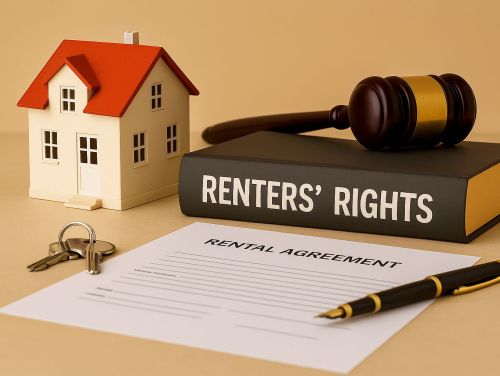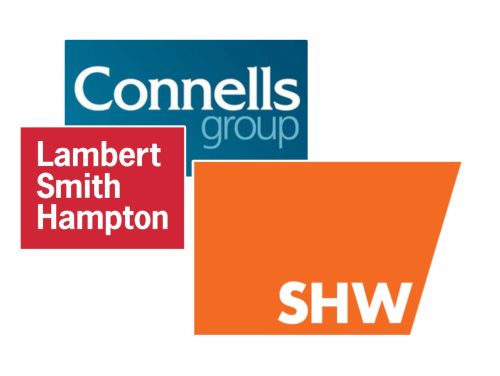2 October 2019
Medical premises payment changes 'to reduce costs and workload'
Professional services
Changes to the way premises payments are processed could free up GP time and reduce administrative costs, the BMA and the NHS have said. Two changes have been proposed to the way premises payments work: the first a pilot where commissioners will pay rent direct to NHS Property Services, cutting out the GP practice; the second, the removal of the need for a rent review agreement between a third‐party landlord and the practice before bringing in a district valuer.
Direct payments are being piloted in a number of CCGs across England, including Doncaster, since January. This occurs when a GP practice no longer receives the reimbursement, which they then pay to the NHS, but instead, the commissioner directly pays the NHS.
At the moment, practices occupying NHS premises receive reimbursements for their rental costs after having paid NHSPS. Under the direct payments pilot, CCGs pay the NHSPS directly instead.
Mark Day, chief operating officer of CHP, which is part of DHSC and has led on the pilot, said: 'If you're in general practice, the benefit is that it reduces transaction costs. There's no worries around cash flow, the money just flows directly and we think it makes them more compliant with their leases conditions as well because they never make rental payments.'
The second change relates to practices operating in premises owned by third‐party landlords, and cuts out the need for an agreement between the landlord and the practice before rent reimbursement is agreed with the NHS.
The BMA has said the changes will reduce workload for GPs. Current 2013 directions say that landlords and tenants are supposed to agree their rent and sign a rent review memorandum.
In some cases, it can mean where the tenant has already agreed to a rent increase with the landlord but the district valuer says no, the practice could be left with a shortfall of rent coming in.
Paul Wade, a Partner at surveying firm SHW, said the current problem is that practices have to sign this memorandum before asking for the NHS to increase or decrease the amount of rent reimbursement they receive. However, the new guidelines are expected to change this.
He said: 'There are new directions coming out in the next six months, which will hopefully rectify it and reverse the problems that the 2013 directions brought.'
This is an abridged version of an article originally published in Pulse Magazine 1/10/19.
Contact:
Paul Wade
01293 441304




